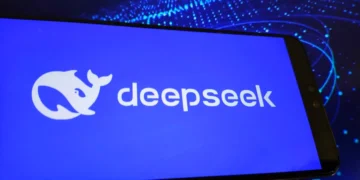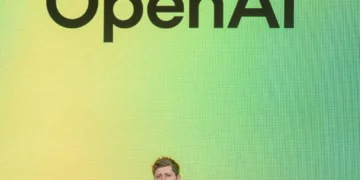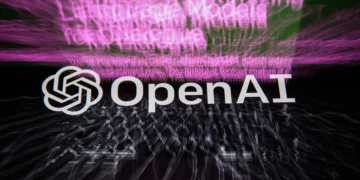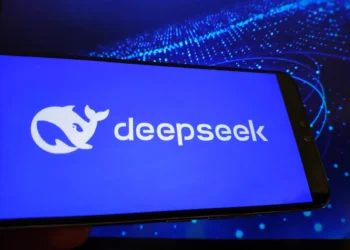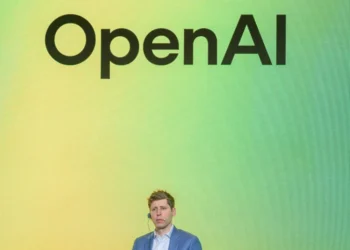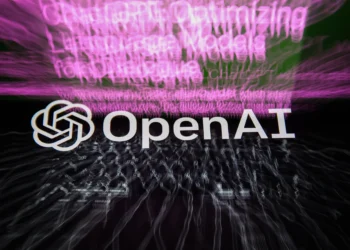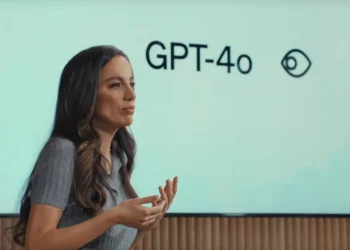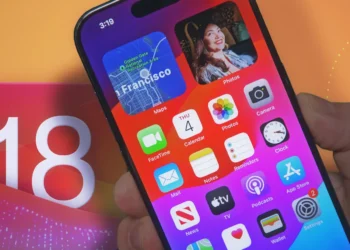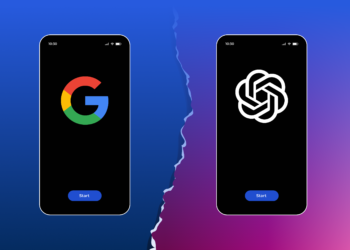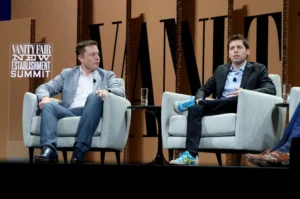
Elon Musk has initiated legal action against OpenAI, its co-founders Sam Altman and Greg Brockman, and affiliated entities, alleging a breach of their original contractual agreements. Musk asserts that they have deviated from the nonprofit’s founding mission, which was focused on developing AI for the betterment of humanity, and instead pursued profits.
Musk, who played a pivotal role in the establishment and funding of OpenAI in 2015, contends that Altman and Brockman persuaded him to support the venture with assurances that it would operate as a nonprofit aimed at addressing the competitive threat posed by Google. However, Musk claims that OpenAI has since transitioned to a for-profit model, particularly evident in its collaboration with Microsoft, the world’s most valuable company, to commercialize its AGI research.
This legal action comes after Musk publicly expressed dissatisfaction with OpenAI’s shift in priorities over the past year. According to the lawsuit, Musk contributed over $44 million to the nonprofit between 2016 and September 2020, making him its largest donor during that period.
The lawsuit, filed in a San Francisco court, centers on OpenAI’s latest natural language model, GPT-4, which Musk argues represents AGI. He alleges that OpenAI and Microsoft have improperly licensed GPT-4, despite previous agreements that its AGI capabilities would remain nonprofit and dedicated to serving humanity.
Musk seeks to compel OpenAI to honor its original mission and prevent the monetization of technologies developed under its nonprofit status for the benefit of OpenAI executives or partners such as Microsoft.
Additionally, the lawsuit requests the court to recognize AI systems like GPT-4 and other advanced models in development as artificial general intelligence that extends beyond existing licensing agreements. Alongside injunctions to enforce OpenAI’s compliance, Musk seeks accounting measures and potential restitution of donations intended to support its public-oriented research if the court finds that it now operates for private gain.
The lawsuit also highlights Altman’s restructuring of OpenAI’s board, which allegedly replaced members with expertise in AI governance with individuals more experienced in profit-centric enterprises or politics, further distancing the organization from its original ethical framework.

